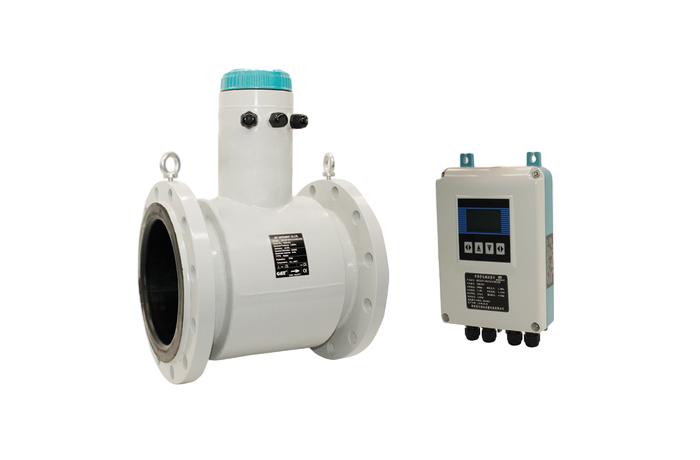What are the application characteristics of the flow quantitative control system
2024-01-02
Quantitative flow control system is widely used in various industrial and commercial scenarios, and its application characteristics include but are not limited to the following aspects:

Flow control: Quantitative flow control systems can be used to monitor and control the flow of liquids, gases or solids in industrial processes. This helps to ensure that material flows through the production line at the right rate and amount, increasing production efficiency.
Resource management: In water treatment, energy production, chemicals and other fields, flow quantification control systems help to effectively manage resource use. By monitoring and controlling the flow, you can maximize the use of resources and reduce waste.
Accurate metering: Flow quantification control systems can provide high-precision flow measurement and metering functions to ensure accurate tracking and recording of substance use in various industrial processes.
Security: In some environments, precise control and monitoring of flow is an important factor in ensuring the safe operation of the system. Quantitative flow control systems can help prevent overloads, leaks, and other potentially dangerous situations.
Automated control: These systems can often be integrated with automated systems to achieve real-time monitoring and automatic regulation of flow. This helps to improve the degree of automation of the system, reduce manual intervention, and improve production efficiency.
Data recording and analysis: Quantitative traffic control systems are usually equipped with data recording and analysis functions, which can generate reports on traffic data to help enterprises make decisions and optimize production processes.
Environmental monitoring: In terms of environmental monitoring and protection, flow quantification control systems can be used to monitor the flow of emissions to ensure compliance with environmental regulations and reduce negative impacts on the environment.
Health and Medical applications: In medical devices and laboratories, flow quantification control systems can be used to ensure the accurate distribution of liquids or gases in specific applications, such as in drug production or laboratory experiments.
In general, the application characteristics of the flow quantitative control system are mainly reflected in the improvement of production efficiency, resource management, security, automatic control and data analysis. These characteristics make this kind of system widely used in many industries.

Flow control: Quantitative flow control systems can be used to monitor and control the flow of liquids, gases or solids in industrial processes. This helps to ensure that material flows through the production line at the right rate and amount, increasing production efficiency.
Resource management: In water treatment, energy production, chemicals and other fields, flow quantification control systems help to effectively manage resource use. By monitoring and controlling the flow, you can maximize the use of resources and reduce waste.
Accurate metering: Flow quantification control systems can provide high-precision flow measurement and metering functions to ensure accurate tracking and recording of substance use in various industrial processes.
Security: In some environments, precise control and monitoring of flow is an important factor in ensuring the safe operation of the system. Quantitative flow control systems can help prevent overloads, leaks, and other potentially dangerous situations.
Automated control: These systems can often be integrated with automated systems to achieve real-time monitoring and automatic regulation of flow. This helps to improve the degree of automation of the system, reduce manual intervention, and improve production efficiency.
Data recording and analysis: Quantitative traffic control systems are usually equipped with data recording and analysis functions, which can generate reports on traffic data to help enterprises make decisions and optimize production processes.
Environmental monitoring: In terms of environmental monitoring and protection, flow quantification control systems can be used to monitor the flow of emissions to ensure compliance with environmental regulations and reduce negative impacts on the environment.
Health and Medical applications: In medical devices and laboratories, flow quantification control systems can be used to ensure the accurate distribution of liquids or gases in specific applications, such as in drug production or laboratory experiments.
In general, the application characteristics of the flow quantitative control system are mainly reflected in the improvement of production efficiency, resource management, security, automatic control and data analysis. These characteristics make this kind of system widely used in many industries.
Share To:
News
- Why is the thermal gas mass flowmeter not affected by pressure strength and temperature?
- What to do when a thermal gas mass flow meter fails?
- How are thermal gas mass flow meters used? What are the applications?
- Under what circumstances is the gas measurement need to be regulated compensated vortex flowmeter
- Why Is The Aister Thermal Gas Mass Flowmeter So Popular ?
- Gas turbine flowmeter manufacturers explain their main advantages in measurement
- Gas turbine flowmeter manufacturer Aister instrument field experience summary
- Aister Instrument Empowerment Conference








